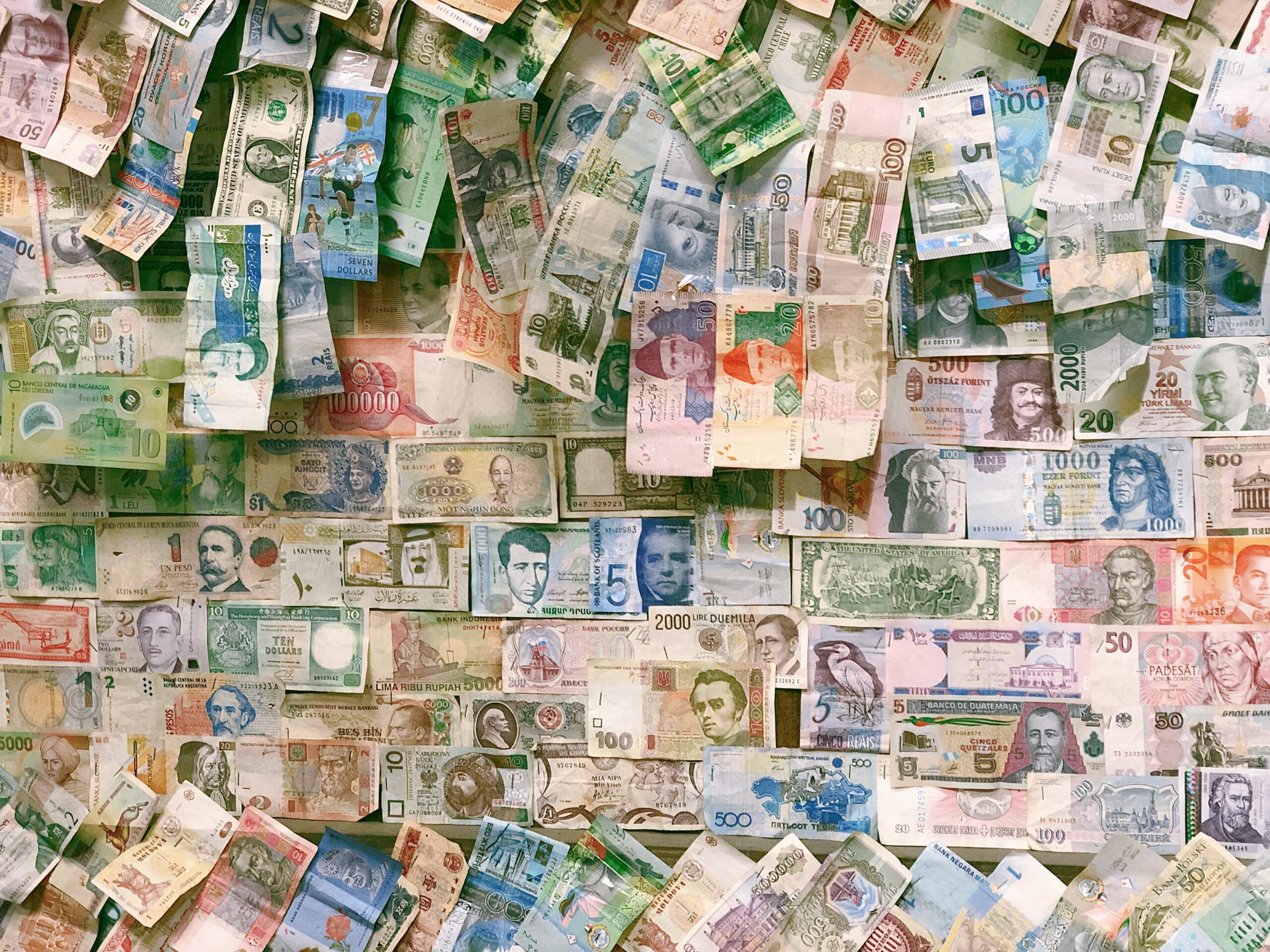We avoid talking about finances for a variety of reasons but it’s time to challenge these cultural norms. Money is literally paper, plastic, and metals that we have arbitrarily chosen to give value to. It needs to be treated more like a tool used in exchange for goods and services and less like a taboo topic that’s avoided.
When it comes to money, don’t judge a book by its cover. Many of those that wear their wealth on their backs may actually be struggling and worse off than you think. Contrastingly, people that don’t wear designer labels or drive premium vehicles can often teach us a great deal about how to acquire wealth.
As a matter of fact, anyone with access to a library card or a kindle can teach themselves financial literacy for free. We can find nearly unlimited resources out there if we have the desire to learn. Luckily, we’re here together tackling these topics one at a time, starting with savings. In the upcoming posts, we’ll give recommendations on what books have helped us, along with our own version of cliff notes. If there are any suggestions or questions, feel free to leave a comment as your feedback may be able to help someone that speaks your financial language.
Money is simple, yet we find a way to overcomplicate things. We work for a company or work for our customers/clients. Either way, someone is paying us how much they see the our value. With that pay it’s important to be simple in our thinking, which is to save money first. We all know that we should do it, but we often wait to do so until after we pay our bills and after we treat ourselves to something nice. If anything is left over, then we think about saving. If we save before we pay our bills or spend money on anything, only then are we making a positive contribution into our financial future.
To more easily save money, have a direct deposit set up so that at least 10% is going into an account and destroy the debit card. If multiple accounts aren’t an option, have 90% direct deposit and 10% mailed to you in a paper form. The amounts may start off small, but they can grow and the checks can be used to open up a secured credit card (which is also great for raising your credit score) or to open a brokerage account to start an investment portfolio.
Once a saving habit is established, it’s time to level up. Take out an additional 10% for short term savings goals and unexpected expenses. If a shopping spree is in order, set a goal for it, accomplish that goal, and have a great time. If you want to take a vacation, save for it and travel the globe. If a tire goes flat or if a sick call is warranted, stress is reduced because we are prepared. All of this is in addition to not spending all of our hard earned savings that should be seeing great growth by now. Credit Unions have the best interest rates by the way.
The next thing to do is to live below your means, which means that your bills and lifestyle shouldn’t match your income. Housing costs and car expenses are major money pits because if you own (recommended), something is always breaking. If you rent then it’s constantly increasing.
To sum it all up, it’s not what we make but rather it’s the habits that we have that contribute to our financial freedoms or our financial downfalls.

